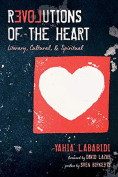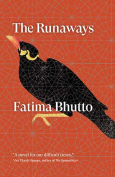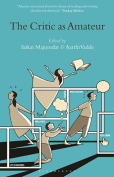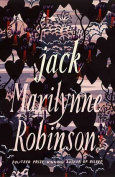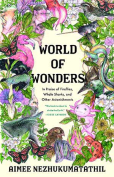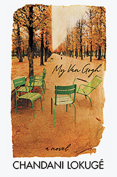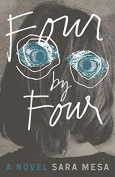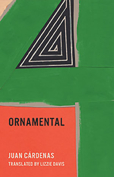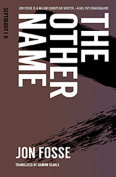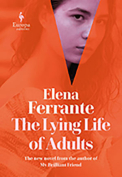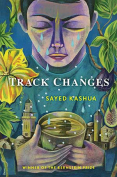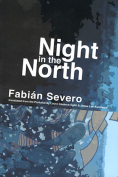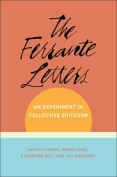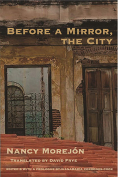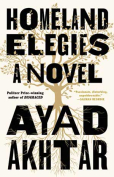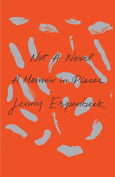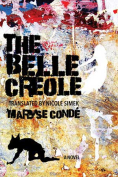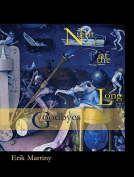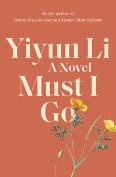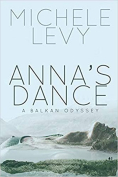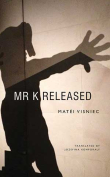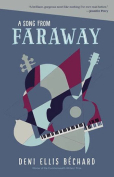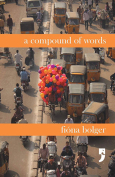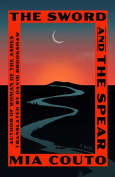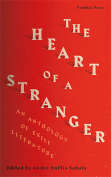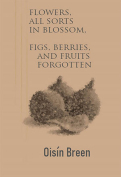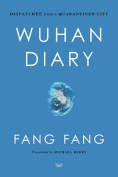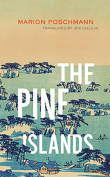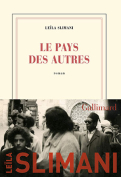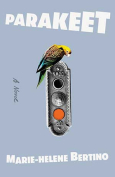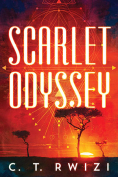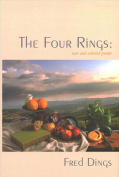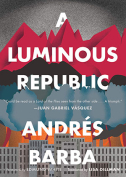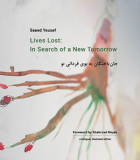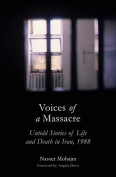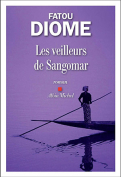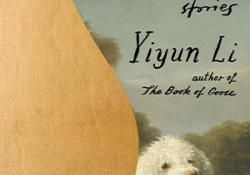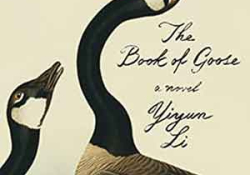Must I Go by Yiyun Li
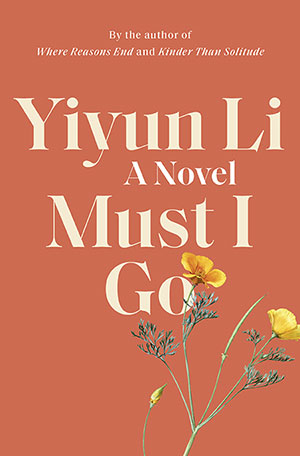 New York. Random House. 2020. 368 pages.
New York. Random House. 2020. 368 pages.
YIYUN LI, ONE OF THE MOST acclaimed contemporary American writers, continually reinvents herself. Her last novel, The Kindness of Solitude, solved a mystery by following a love triangle from China to America. She sets her most recent novel in Bayside Garden, a retirement home in California, where Lilia Liska, eighty-one, begins a memoir for her granddaughter and her great-granddaughter. She pauses to read portions from the diary of Roland Bouley, a lover from her youth.
Two narrators split into four. Lilia and Roland each have a voice for others and one for themselves. Lilia asks herself what she should include in her story while Roland invents episodes for dramatic effect. Memory itself undergoes revision. Li takes the novel seamlessly across alternate storylines as Lilia recounts the history of her family, settlers who went west to follow the Gold Rush. Lilia’s family history merges with the greater history of America.
As Lilia writes, the insubstantial, rootless quality of words disturbs her, yet they are still “the most useless things you cannot afford to lose.” She thinks happy people have no need for words. For her, “a story is not always a love story. A book is much more than just pages of words.” Regrets are like weeds. “Kill them before they spread.” If disappointment breeds in a porous heart, hers is flint. She claims she has no need for love or hate. She wonders if some mathematical formula exists to measure how fast a person is forgotten.
Lilia—wife, mother, and grandmother—lived “a good life among husbands, children, gardens.” She wants to erase these words as soon as she writes them. Luck makes a boring story. “The longer you live the more you appreciate those who bury their stories.” Her moods shift from humor to irritation as she watches her acquaintances pair up. Her late husband, Gilbert, believed in world peace and universal love. Even liking someone is hard for her. She thinks, “People would be more consistent if they lived their lives based on their dislikes.” A contrarian, she refuses to be part of any generation. She passes on her bequest, her memoir, irascible and unashamed.
Elizabeth Fifer
Center Valley, Pennsylvania
